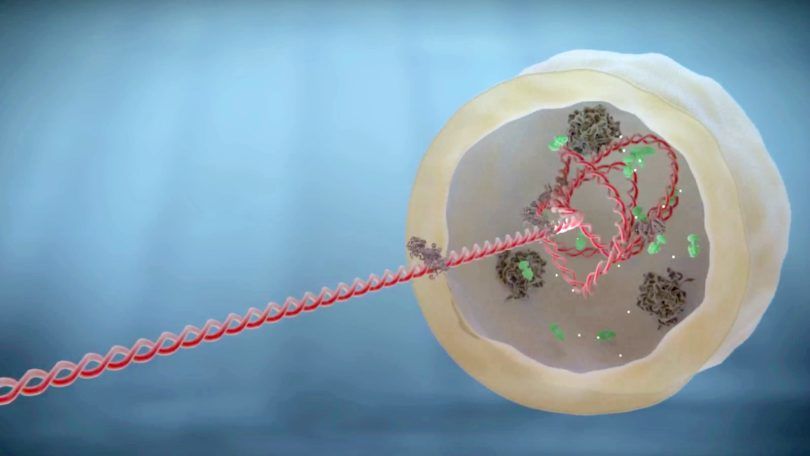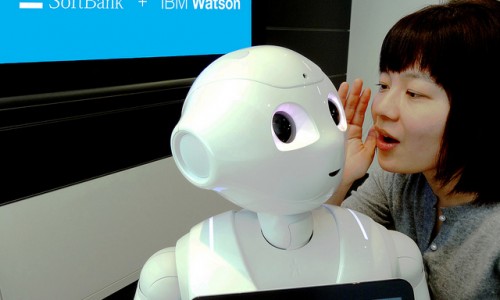A Gravitation Grant’s ethical questions
-
 An animation of an artificial cel.
An animation of an artificial cel.
A group of Dutch researchers will receive a 18,8 million Gravity Grant to build an artificial biological cel. Hub Zwart, professor Philosophy and Science Studies at Radboud University, is going to focus on the philosophical and ethical questions around creating artificial life.
‘The question “what is life?” is very old, but is put back on the agenda’, says Zwart, who is involved in the Gravitation project. ‘The old thought is that there is something very unique and special to life, and that humanity can never reproduce that. But life and technology are starting to look more and more alike on a molecular level. When scientists manage to mimic a cell, we will really know what life is.’
Nijmegen’s contribution to this Gravitation project is not limited to Hub Zwart. Wilhelm Huck, professor Physical-Organic Chemistry at Radboud University, is one of the main applicants of the BaSyC (Building a Synthetic Cell) consortium. Next to Radboud, the universities of Delft, Groningen, Amsterdam, Wageningen and research institute AMOLF cooperate in the project.
If the project succeeds and scientists manage to produce an artificial cel, a new chapter is added to a very important philosophical discussion. ‘Maybe our whole view on what life is, will change. Our influence on life increases and that raises a whole new set of questions’.
Debate
When recreating life is the topic, all kinds of ethical issues come into view. Zwart is also going to take those into account. ‘But I will definitely not be the brake on possible findings. First of all because it is too early for that. We will explore what the possible applications could be and where the chances and the pitfalls are. I want a debate in society about the possibilities of intervening in nature on a molecular level.’

